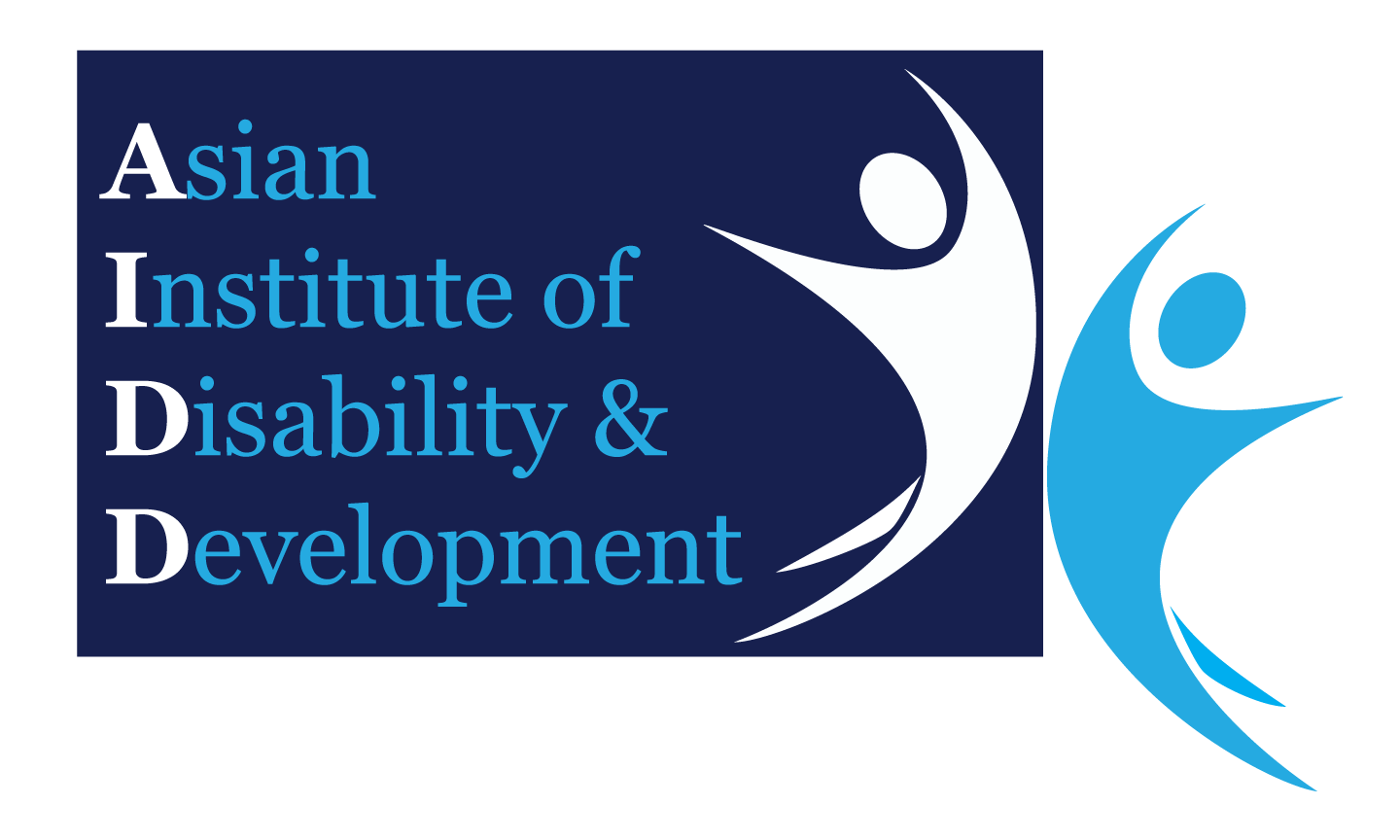
Fostering inclusion through evidence and empowerment


Research // Education
Education
The areas of education research at AIDD are:
Education research constitutes of scientific studies on the processes of education and learning, and the shaping of education through the factors of human characteristics and interactions, organizations and institutions. It is responsible for driving the development of new tools and methods.
Early Childhood Education
The Shishu Shorgo (Children’s Heaven) Early Intervention and Rehabilitation centres are staffed and equipped to provide early childhood education to the children with CP (Cerebral Palsy). The community therapists are responsible for following a specified Transition Program curriculum to educating the children and provide rehabilitative care and therapy services with the support of physiotherapists. They make use of specially designed and developed materials to educate the children and allow them to learn useful skills through play. This is important as future learning abilities and intellectual capacities of children are now thought to depend to a great extent on exposure to early childhood education. The education is intended to cover the five (05) childhood development domains; physical, social, emotional, language, and cognitive skills. The purpose of this intervention is to achieve their developmental milestones and develop their readiness for admission to regular school.
Our Profile

Formal Education
As of May 2017, around 130 children with disabilities have entered the formal education sector following graduation from the Shishu Shorgo (Children’s Heaven) Early Intervention and Rehabilitation Centres. Formal education in the study area consists of government primary schools with teachers following the national curriculum. The Shishu Shorgo Transition Program for the children with disabilities prepares the children with disabilities for attending school and receiving an education. The intervention is designed with the goal to increase the child’s participation in their family, school and community.
As part of efforts in creation of inclusive-education in the community, the follow-up phase of community-based rehabilitation activities has provision of support to the child’s local school to enable admission and participation in school activities. Teachers, school administration and other staff are given necessary assistance and are sensitized towards the needs of children with disabilities while wheelchair accessibility is ensured through construction of wheelchair ramps at local schools.

Non-Formal Education
Non-formal education is generally targeted towards the people of the community such as the members of the household including primary caregivers of children with disabilities. In the primary work area, Shahjadpur, a rural sub-district in Northern Bangladesh, the families with children with disabilities are largely poor and disadvantaged households who often lack the necessary education and earning abilities thus restricting their participation in the community and the market. This has the tendency to adversely affect their quality of life.
As part of our focus on sustainable livelihoods, there are a number of non-formal educative programs being explored by AIDD. To find out more about these programs and others, please visit our page on livelihood research and programs.
Potential exists for further studies and investigation regarding integration of the children with disabilities into mainstream education. Assessment and evaluation can be carried with AIDD as necessary support mechanisms and resources are available.
